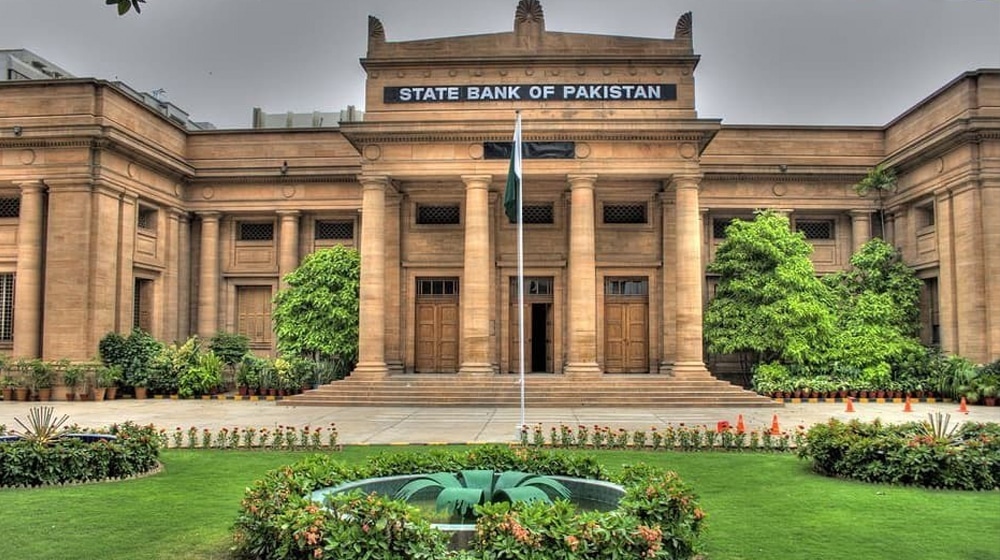Islamabad, Aug 29: According to the Framework for “Domestic Systemically Important Banks (D-SIBs)” notified in April 2018, the State Bank of Pakistan has announced the designation of D-SIBs for the year 2024.
The structure that State Bank has established adheres to international standards and considers both local dynamics and global best practices. It outlines the improved regulatory and supervisory requirements, the process for identifying and designating D-SIBs, and the D-SIB implementation recommendations. The purpose of the increased standards is to increase the systemically important banks’ ability to manage risk and to withstand shocks.
There are two steps involved in identifying D-SIBs. Each year, sample D-SIBs are determined in the first step using both quantitative and qualitative criteria. The second stage involves selecting D-SIBs from the sample D-SIBs according to the composite systemic score of the institutions about their complexity, substitutability, interconnection, and size.
State Bank has completed the annual assessment in accordance with the D-SIB framework using the banks’ financial statements as of December 31, 2023. Three banks—National Bank of Pakistan, United Bank Limited, and Habib Bank Limited—have been named D-SIBs for 2024 based on the assessment. These banks will be required to apply the heightened supervisory standards in addition to additional Common Equity Tier-1 (CET-1) capital requirements:
|
BUCKET |
Name of Institution | Additional CET-1 Requirement for Bucket |
| C | National Bank of Pakistan | 1.5% |
| B | United Bank Limited | 1.0% |
| B | Habib Bank Limited | 1.0% |
Additionally, branches of Global-Systemically Important Banks (G-SIBs) that do business in Pakistan will have to maintain extra CET-1 capital at the rate that applies to the corresponding principal G-SIB against their risk-weighted assets in Pakistan.
